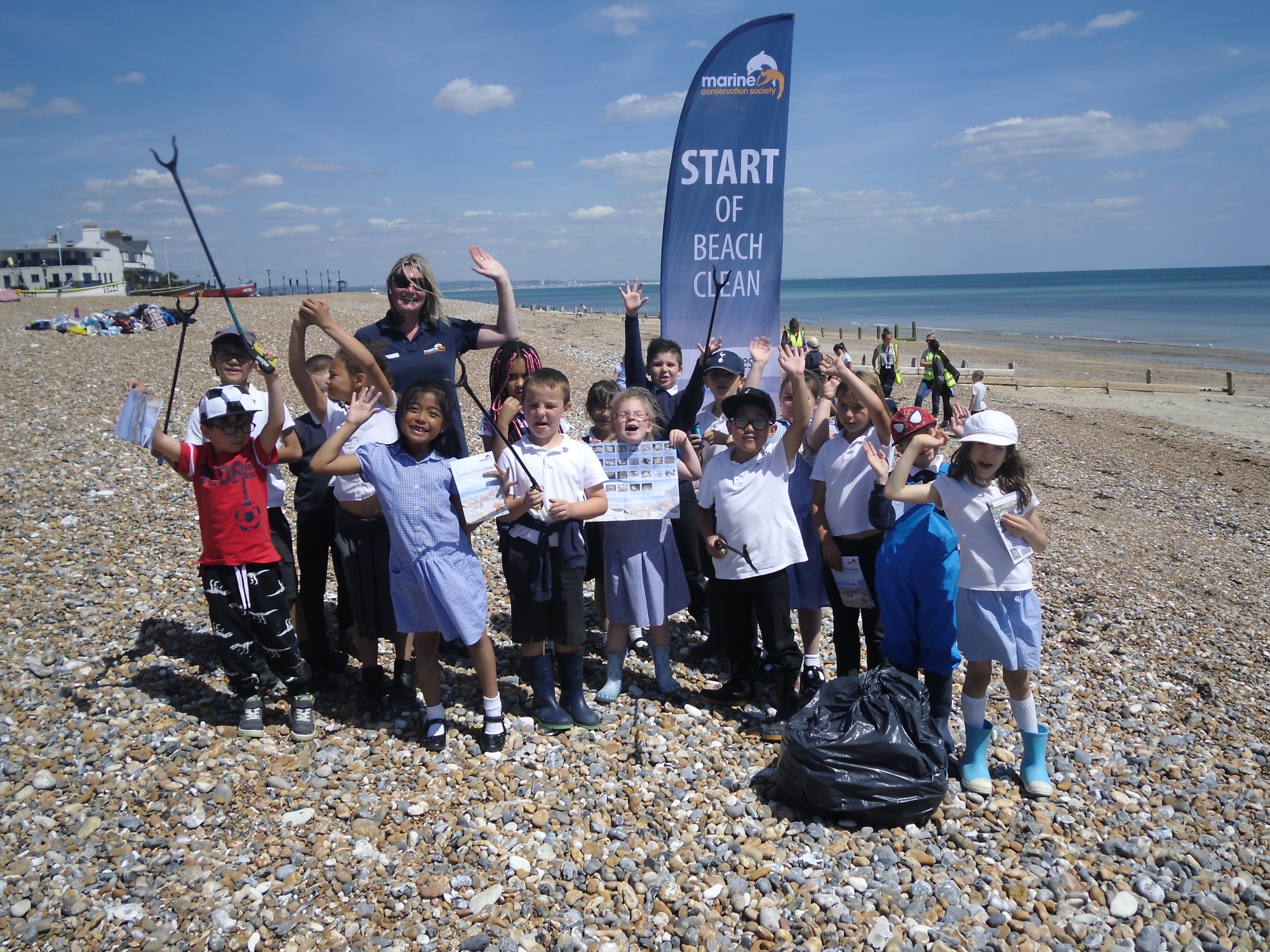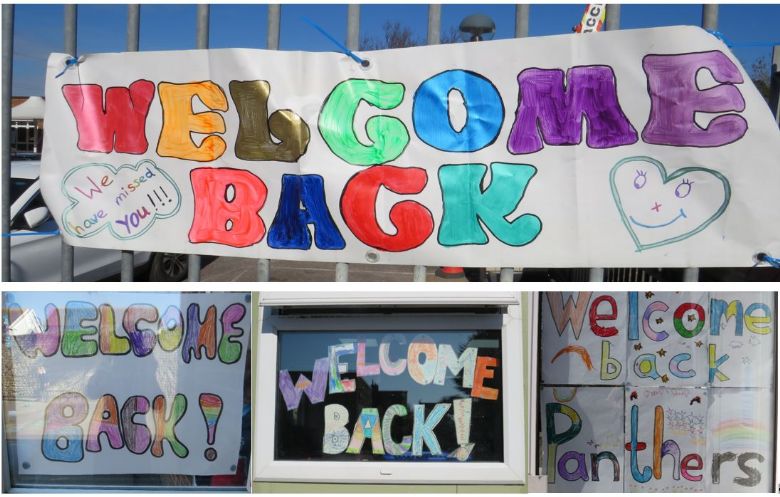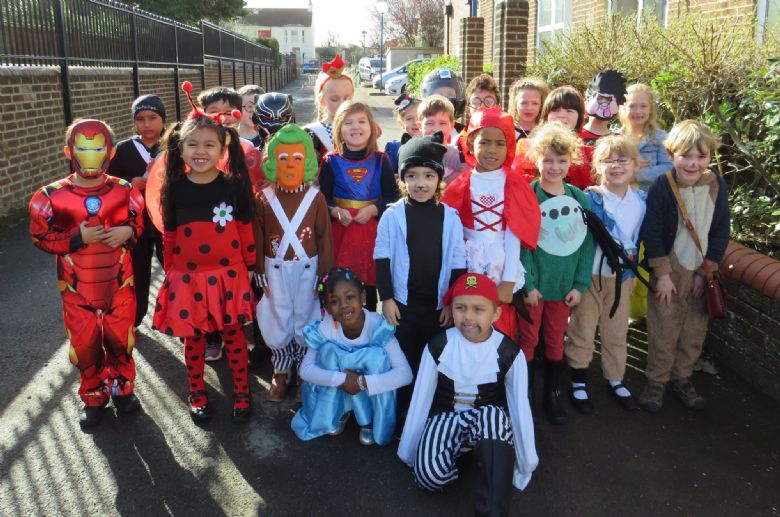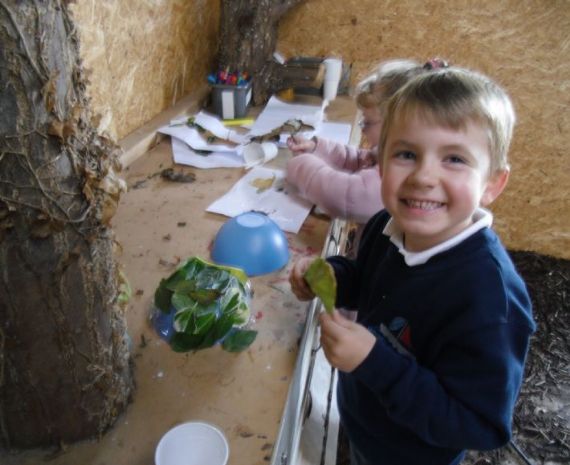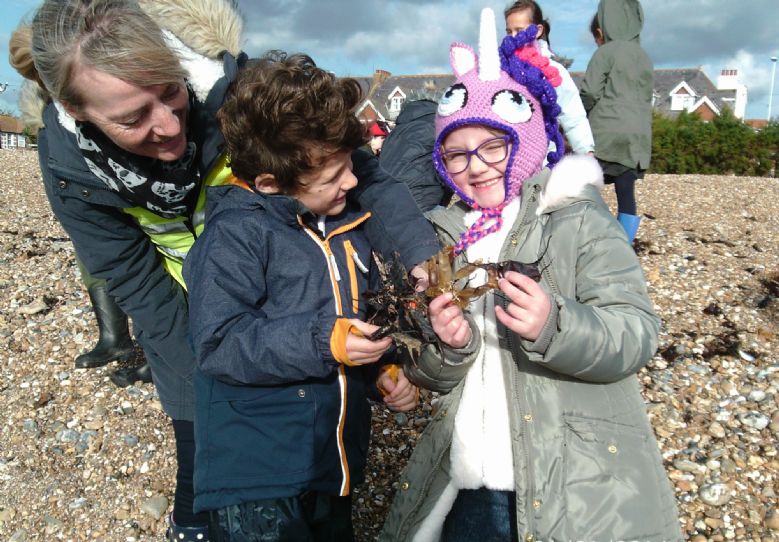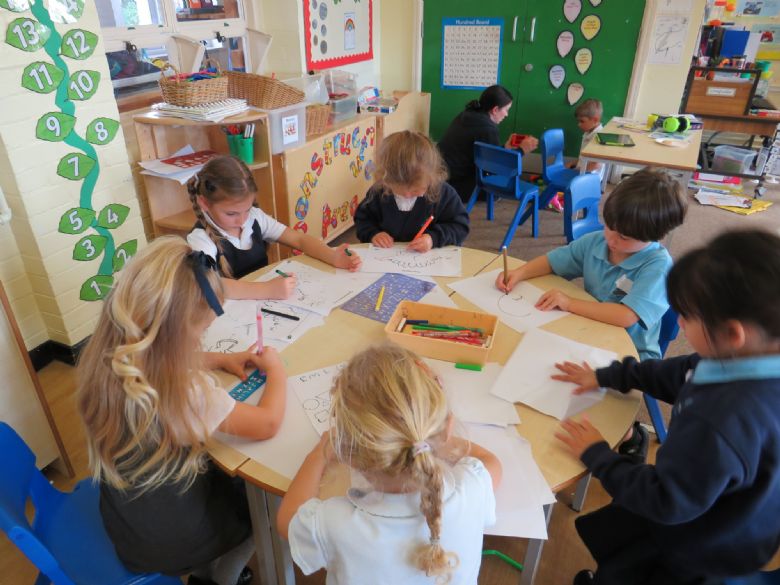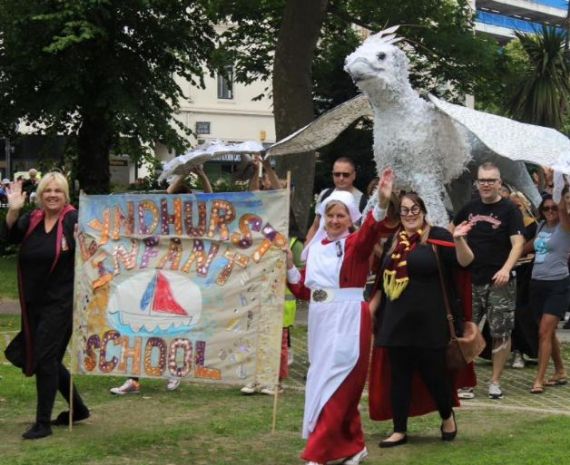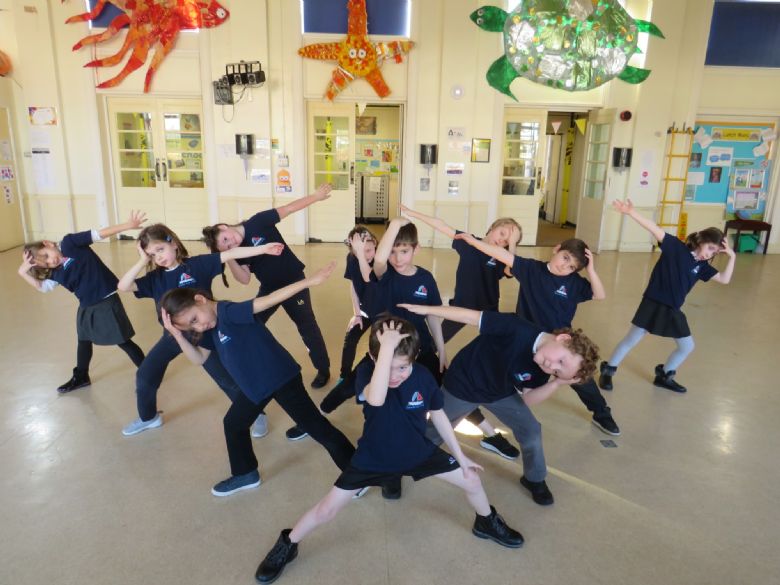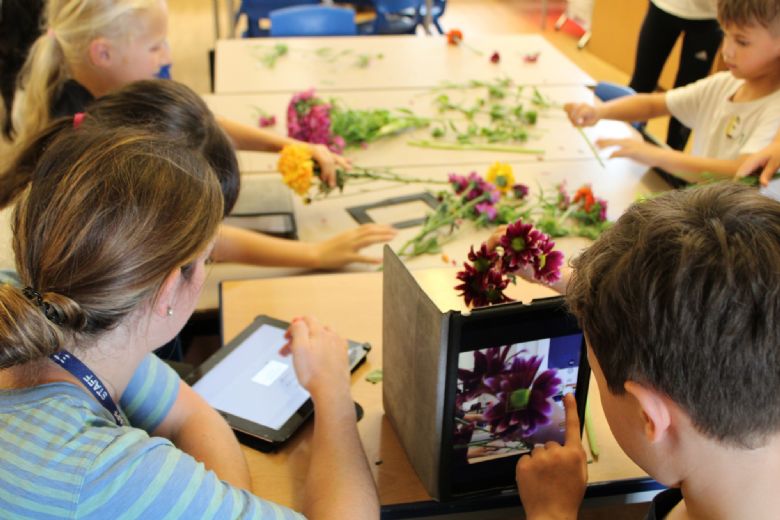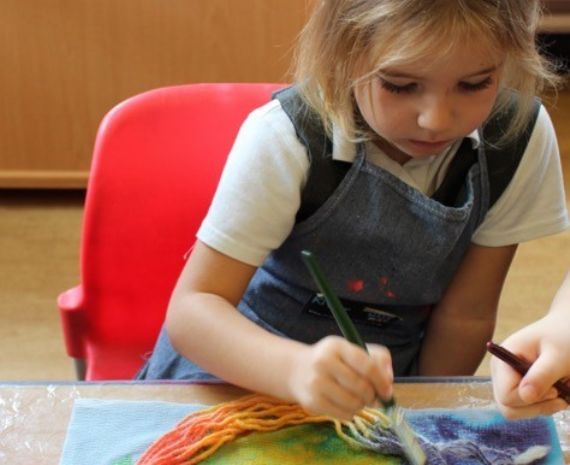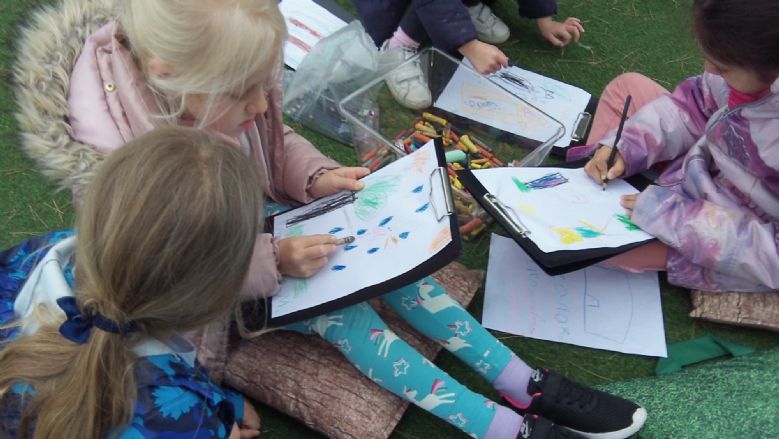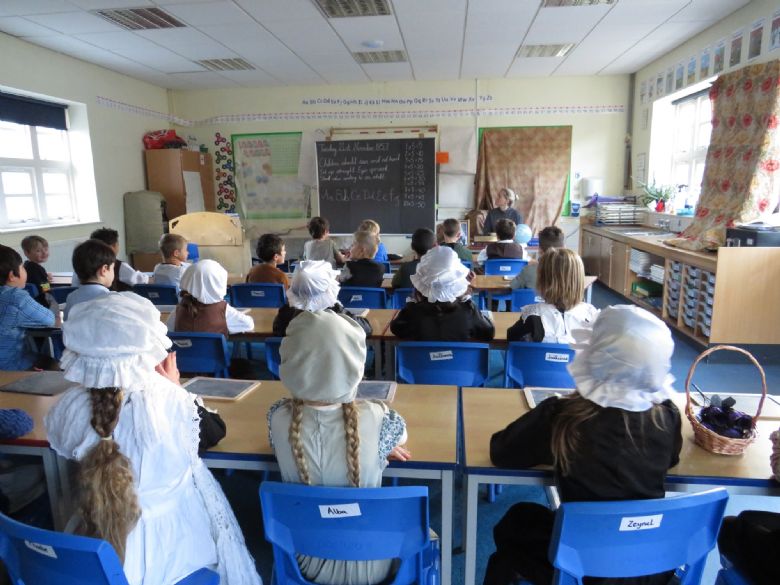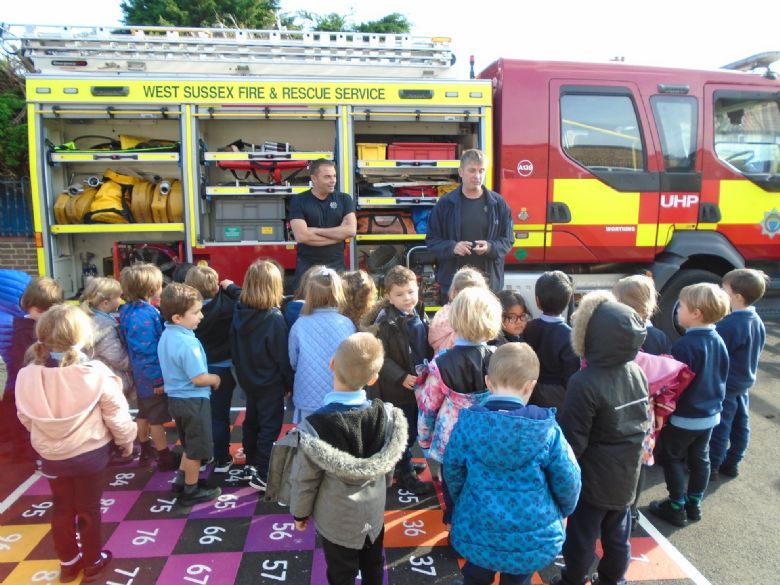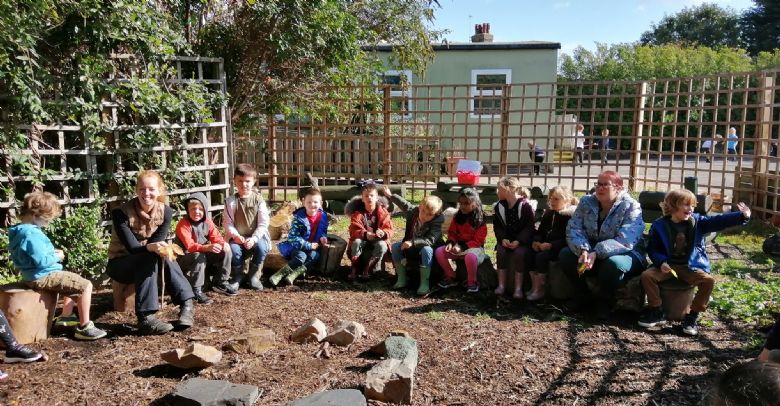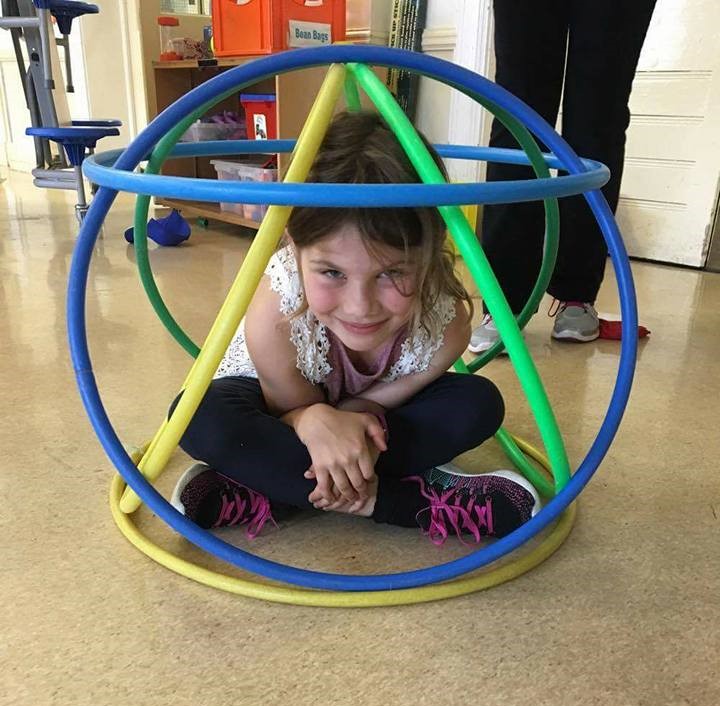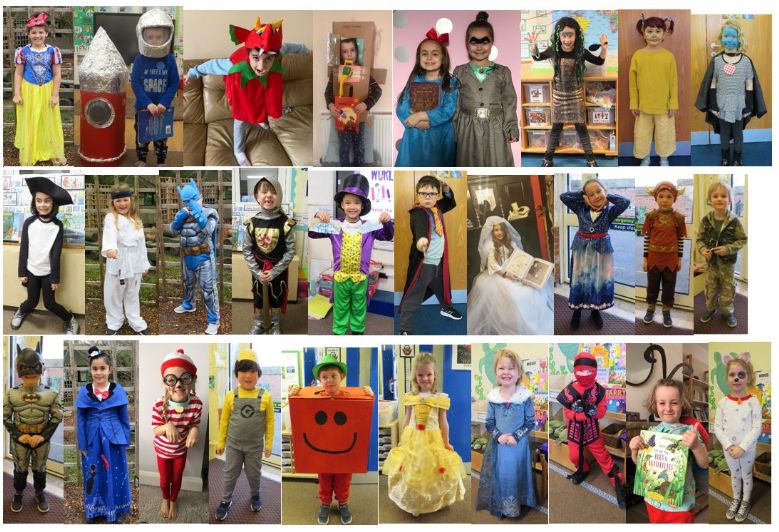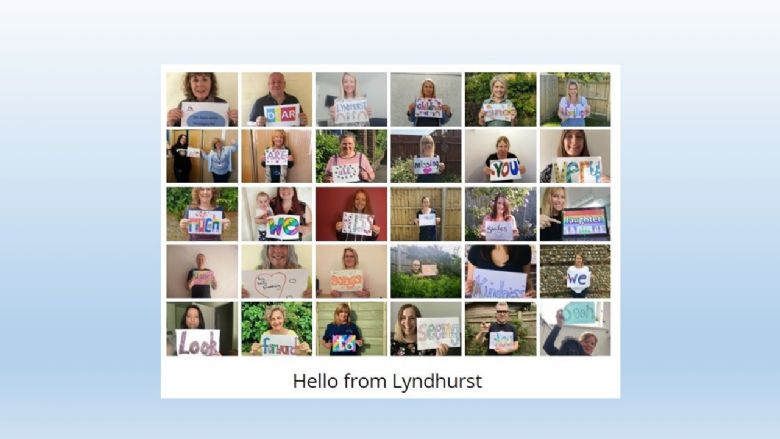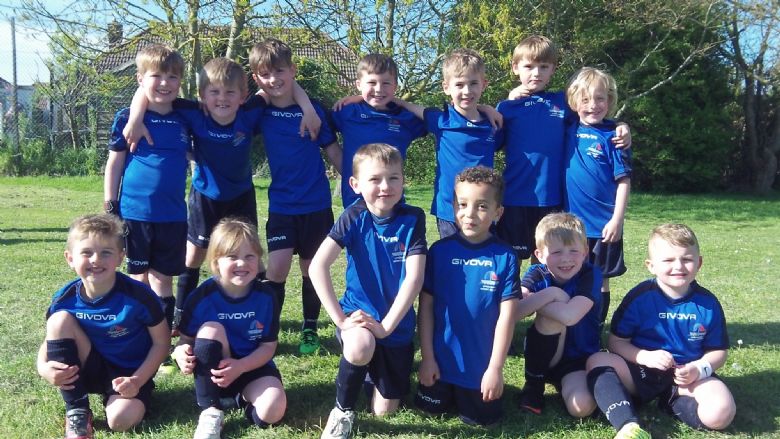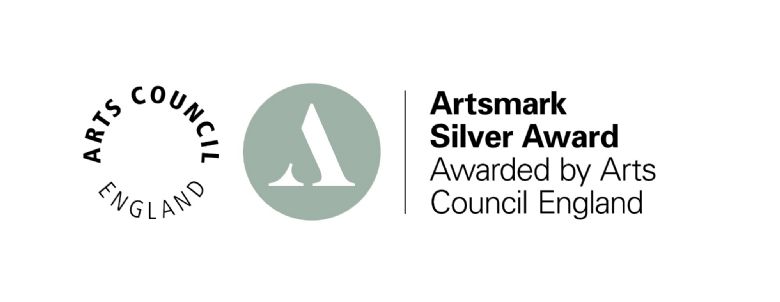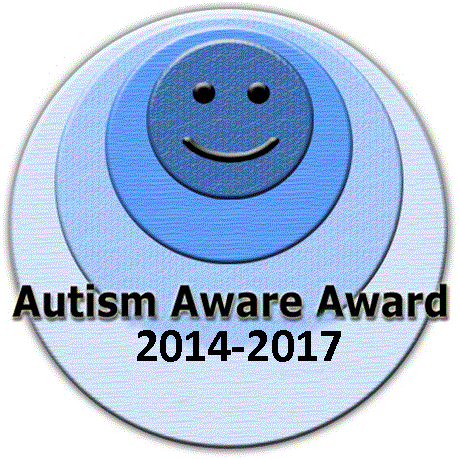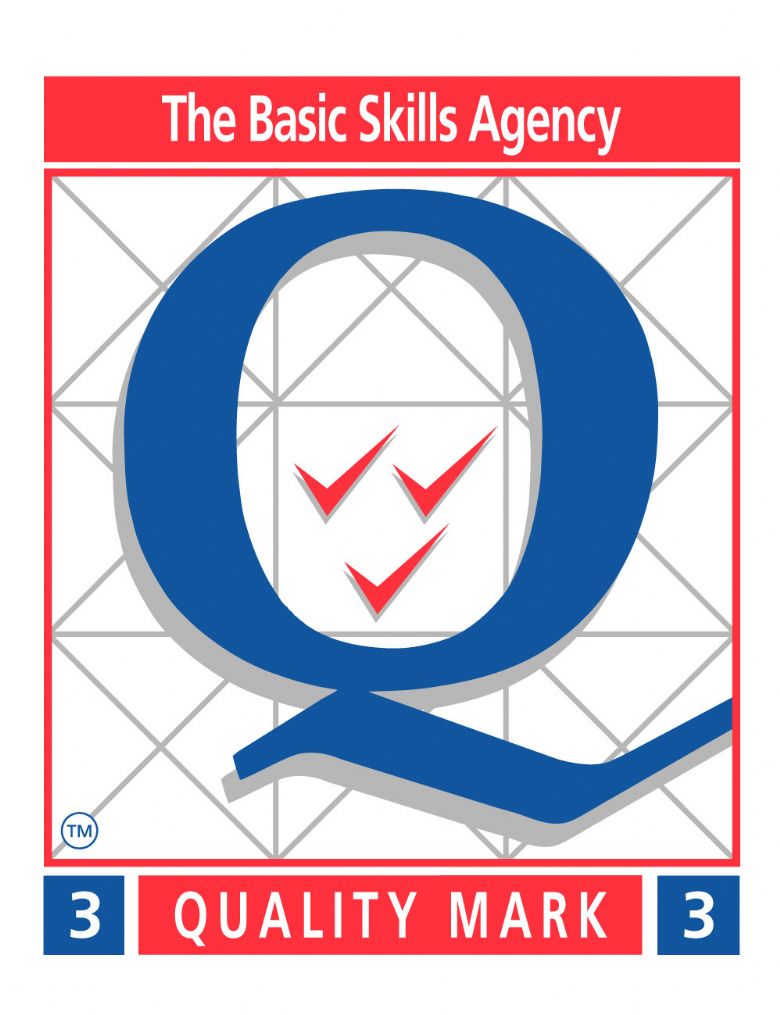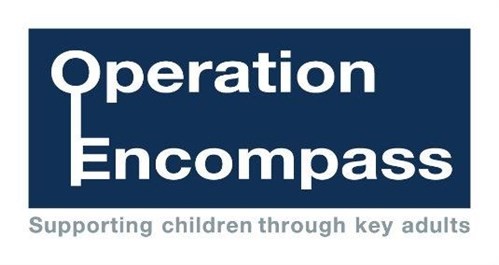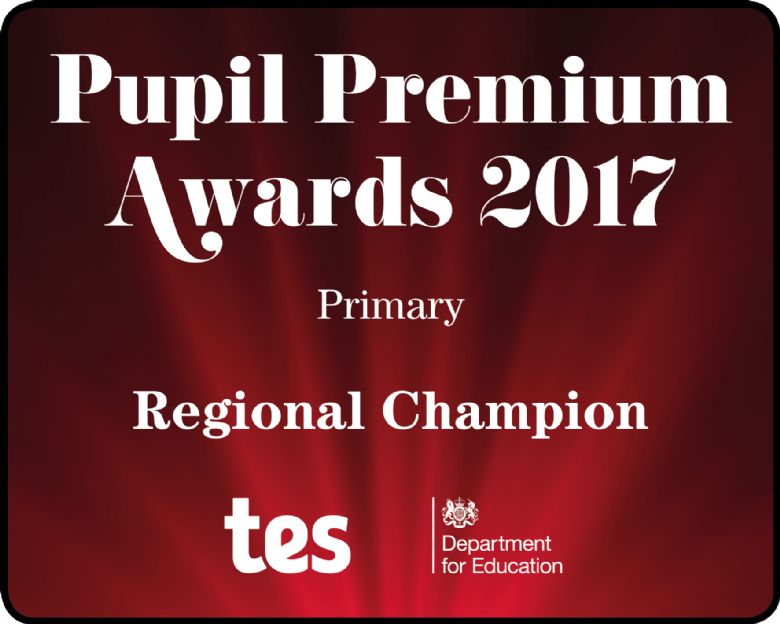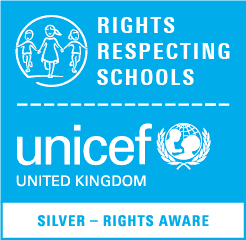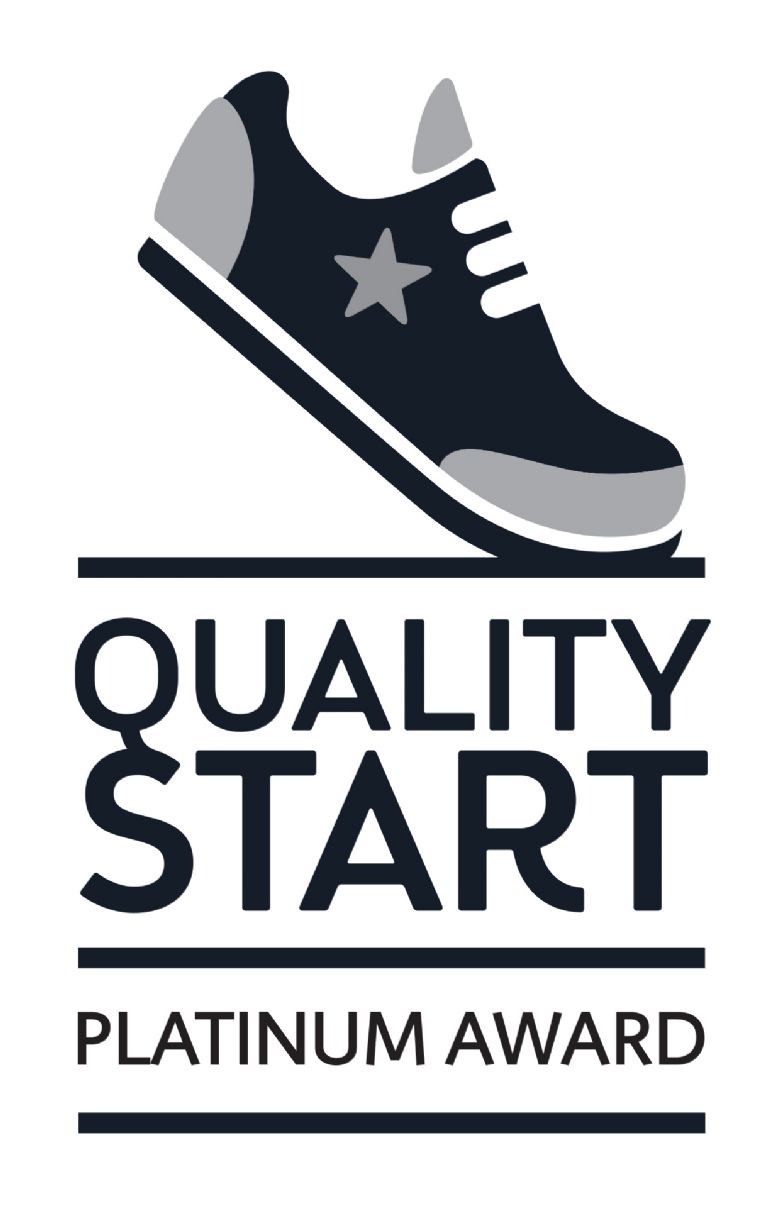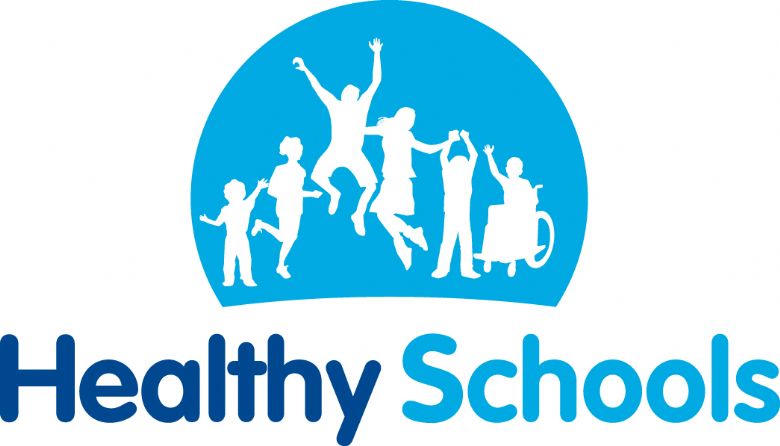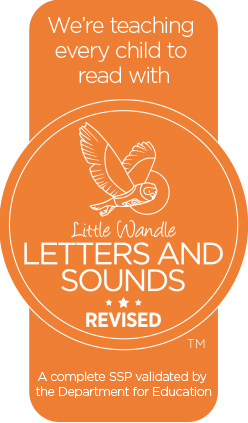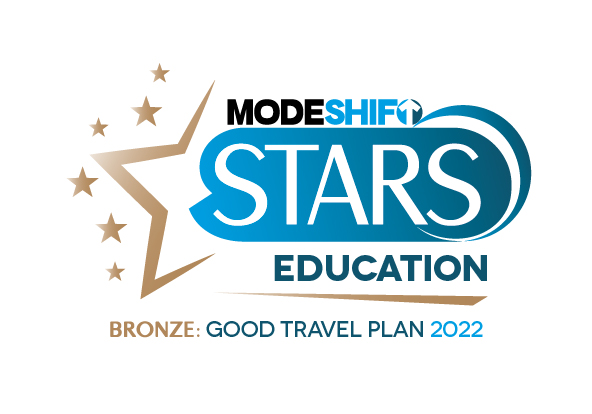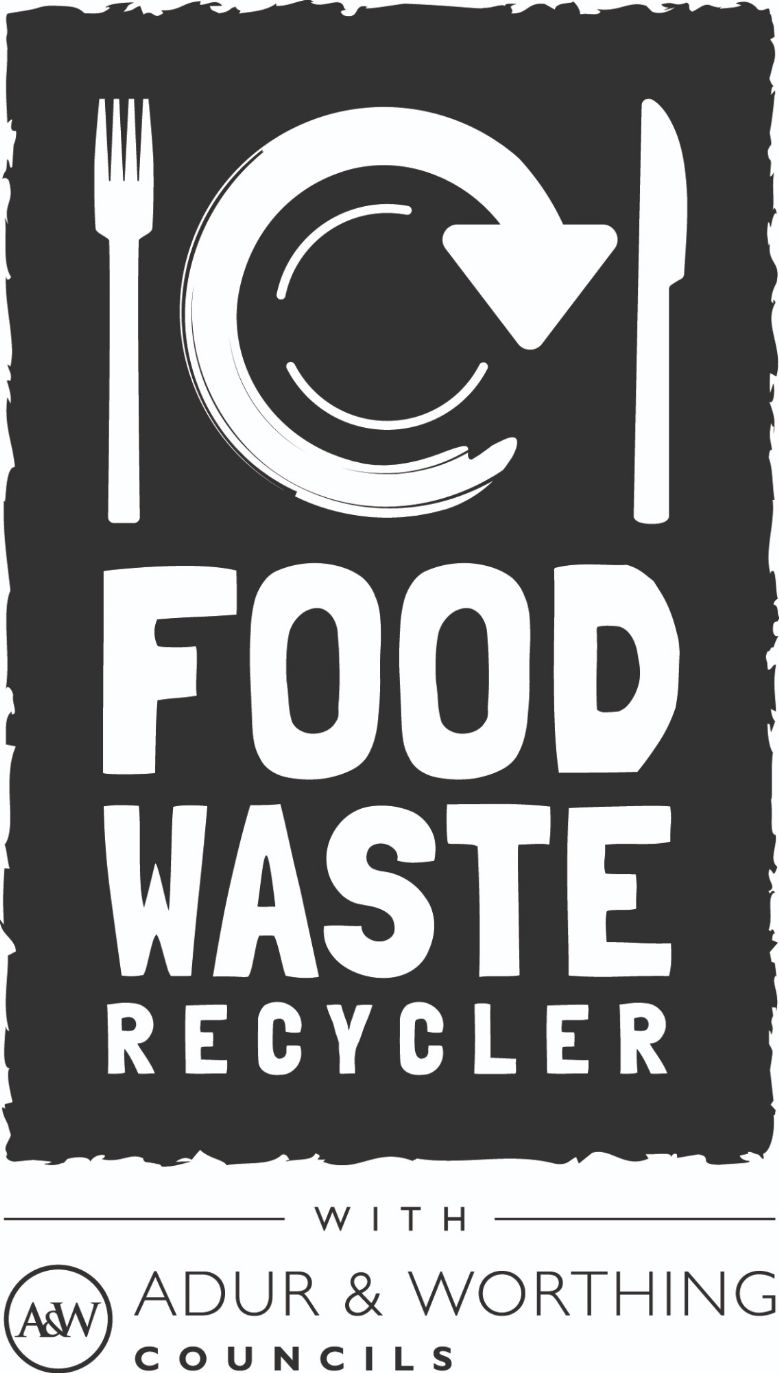SEN Local Offer
Parent/ Carer information for children who have additional needs Frequently asked questions
1. How does the school know if my child needs extra help and what should I do if I think my child may have special needs?
If you have any concerns about your child please contact the class teacher, you don’t have to wait until a ‘a parents evening’. At Lyndhurst the class teacher and/ or TA has a termly meeting with the Inclusion Coordinator/Senco (Mrs Rix /Mrs Viinikka) to review the needs and progress of the all the children. They also meet informally throughout the term. The class teacher will also feedback any concerns that a parent may have to the Inclusion Coordinator who is very happy to meet parents.
Parent Voice:
“There are always people on hand to ask questions. We can get advice from outside agencies and they help you build up a picture of your child’s needs.”
2. How will Lyndhurst support my child?
The level of support your child receives will depend on their needs. The Inclusion Coordinator/Senco (Mrs Rix/Mrs Viinikka) offers meetings to all parents of children receiving additional support. At this meeting we will discuss the support your child has received in the current terms and whether they will need continued support in the following terms. At Lyndhurst we have teaching assistants working within the class to support children. We also have an Inclusion Coordinator/Senco or and ‘SEN’ (Special Educational Needs) Teaching assistants. The Class teachers and Inclusion Coordinator will review children’s progress, which children are in intervention groups, every half term against targets set.
“We know support and guidance is there if we need it and I have been given information. There are staff in school who have been specially trained to help my child.”
3. How will the curriculum be matched to my child’s needs?
During the school day, work will be adapted by the teacher, so that it meets the individual needs of your child. Both the teacher and teaching assistant support groups within the classroom.
“I feel that my child is moving forward. He is interested in what he is doing in class and talks to me about what he is learning. He likes to tell me about the topics they are working on.”
4. How will both you and I know how my child is doing and will you help me to support my child’s learning?
If your child is on the Special Educational Needs Register they will be given an ILP(Individual Learning Plan). This will be reviewed by the teacher, adults working with your child, and your child every term and new targets set. You will also have the opportunity to discuss this with the class teacher during parents’ evenings and with the Inclusion Coordinator/Senco at any meetings. If you would like to discuss the targets at any other time we would be delighted to meet with you at a convenient time.
The class teacher will be happy to talk to you about your child’s progress and any other issues as often as you both feel is necessary. If it is felt appropriate a home /school book is used.
“We always receive our child’s targets from their class teacher and we feel able to talk to the class teacher any time about our child’s learning.”
5. What Support will there be for my child’s overall wellbeing?
At Lyndhurst, a child’s wellbeing is supported at different levels and in many ways. At a whole school level we have a school Charter of behaviour, which looks at the Rights and Responsibilities of the children in our school. Each class has their class rules. Our school Values – We Can, Learning For Ourselves and Respect underpin all that we plan and do at Lyndhurst. We focus on a new value each month and celebration of values shown take place at assemblies and by hanging our names on leaves on our Values Tree.
We also have Learning Mentors and a Play therapist to support those children with more specific social and emotional needs.
When a child has medical needs we put together a Health Care plan together with the parent, school nurse and Mrs Cramer (our Welfare TA), to ensure the child is safe and that staff are aware of the child’s specific needs. When this meeting is held we would also look at any staff training that may be needed.
“We feel that we know who supports our child at school.”
“My child has become more independent. He used to be very shy and now feels that he can do everything. When he went to the Transition Day at Chesswood he was asking questions and finding things out for himself, for example, asking where the toilets were.”
6. What Specialist Services and expertise are available at or accessed by the school.
- Parent Partnership
- Speech Therapist
- Occupational Therapist
- Physiotherapist
- Play Therapist
- Family Link Worker
- Family Resource Team
- Social Services
- First Team
- Inclusion Support Team
- Educational Psychologist
- Integrated services
- Child Development Centre
These are the main specialist we work with, but we are also sign posted to others by them.”
“My son has worked with an Occupational Therapist. This has helped us support him at home. He talks about what equipment he is using at school and we try and use the same at home – it all really helps.”
7. What Training have the staff supporting children with SEND had or are having?
Staff training needs are assessed regularly. Recently staff have attended training to support children by keeping them safe, first aid, Autism, maths support, phonics and training by the Play Therapist to understand the emotional needs of young learners. We have also had specialist support workers to work alongside Teaching Assistants to train and support them in the work they do with specific children.
“My son’s Teaching Assistant has learnt Braille and this has helped him with his learning and he is doing really well.”
8. How will my child be included in activities outside the classroom including school trips?
All school trips require a Risk assessment. For children with significant needs they may require an individual Risk assessment involving parents to ensure that they are able to take part in the trip successfully.
“I have been invited to go on trips with my son’s class. It is nice to see how he copes alongside his teacher and groups outside school.”
9. How accessible is the school?
At Lyndhurst we have a toilet and wet room that can be accessed easily and ramps in designated areas for wheel chair access. Areas are also painted yellow and windows have stickers on them for sight impaired children. Although dogs are exempt from school, Guide Dogs are welcomed. Accommodating children with needs is carefully considered each year when children move classes.
“My child feels that he can do everything – it may take him longer but he can do things on his own.”
10. How will the school prepare and support my child to join the school and transfer to a new one?
Before your child starts school we will meet with you so that we can ensure a positive start into school. This is usually done in conjunction with the previous school. When moving on to a new school we will arrange extra transfer visits for your child. The Learning Mentors work with specific children to help them make up a booklet about their new school and spend time on any aspects of the change in school these children may be unsure of. Parents are encouraged to visit the new school and the Inclusion coordinator is happy to visit with the parent if they need this support, or arrange for Parent Partnership to support these visits. The Inclusion Coordinator/Senco will always meet with the new school to ensure that all information is passed on about your child. If a CAF (Common assessment Framework)/Early Help Plan is in place, staff from the new school will be invited to a meeting, so that the parents can have the opportunity to speak with them together with any other professionals involved.
“Transition meetings helped because we were able to share information about my child’s special needs before he started at Lyndhurst.”
“There was good communication between the nursery, school and other people helping my child.”
“We have been to an open evening at Chesswood and my son went on a class visit to his new school.”
11. How are the schools resources allocated and matched to the children’s special educational needs?
Where children have an Education and Health Care Plan we allocate resources appropriately and carefully. This may include the allocation of 1:4 in school support, allocation of specialist support (Outside Agencies, for example, Speech Therapy) time to work with the SENCo, the class teacher and Teaching Assistant. We also fund specialist equipment and resources and work carefully with outside agencies. We send our Learning support assistants on courses to support their work with pupils.
“I have worked with the Senco and other specialists. They have supported my son and now he is less dependent on adult support. He is doing brilliantly, he is really happy.”
12. How is the decision made about what type and how much support my child will receive?
If your child has an Education, Health and Care Plan or receives SEN Support the ILP (Individual Learning Plan) will specify how much support your child receives. Parents and the class teacher will review this together termly. If your child has an Education Health and care Plan we will also arrange Annual Review meetings with you, to ensure that the plan is still appropriate for your child and make any changes.
“The ILP shows me what support my child is getting.”
13. How are the parents involved in the setting? How can I be involved?
At Lyndhurst, we understand that you have a valuable understanding of your child’s needs and wishes. We aim to involve you in every decision making process. We encourage you to meet with us as often as you feel necessary.
“I have met regularly with the Senco and the other adults working with my child.”
14. Who can I contact for further Information?
At Lyndhurst your first point of contact is always the class teacher. If your child has a special need the Inclusion Coordinator will oversee the implementation of the plan in school.
“We know we can make an appointment to see the Senco and our child’s class teacher if we have a question about our child’s needs.”
Some useful contacts for parents/carers:
www.westsussex.gov.uk/parentpartnership
West Sussex Parent Partnership Service (Helpline) 0845 075 1008
West Sussex Parents Forum 07528418149 (email: parents@westsussexparentsforum.co.uk)
Special Educational Needs Co ordinators (Sencos) from Local Schools
Chesswood Junior School: Vaness Radcliff (Tel: 204141)
Downsbrook Primary School: James Butts (Tel:230476)
Durrington Infant and Junior School: Sara Ensor (Tel:260761)
Click Here to view our Policies including SEN Policy and Behaviour and Anti-Bullying


